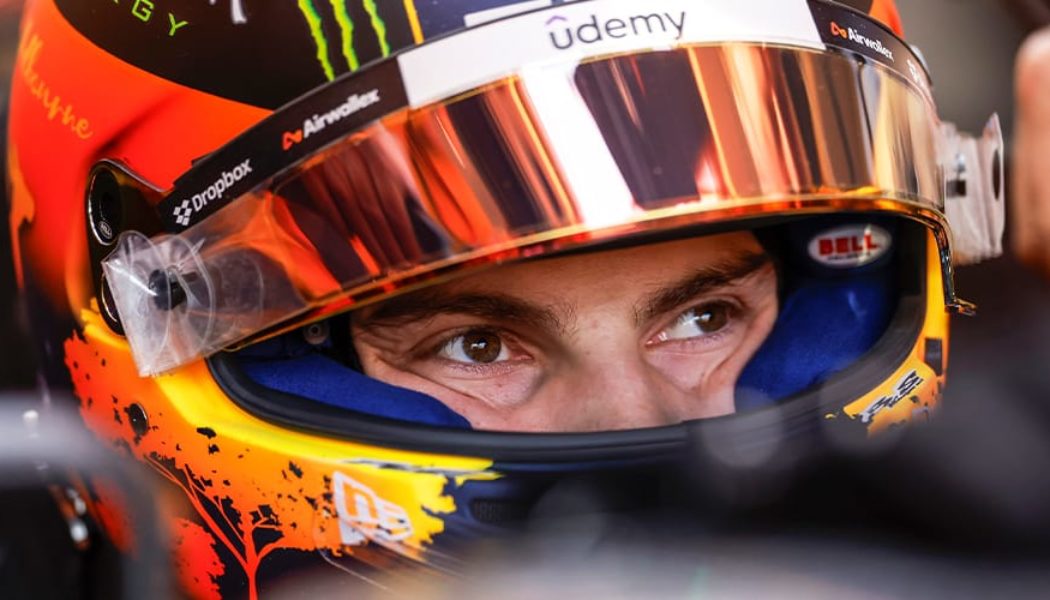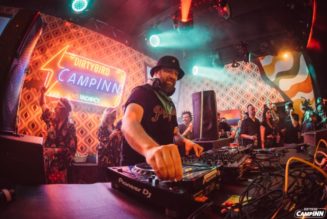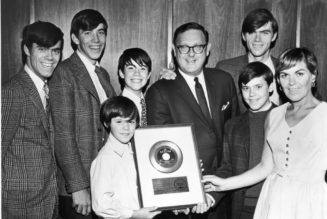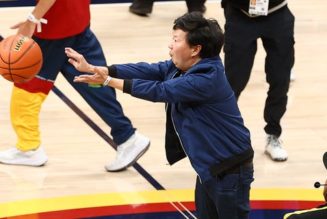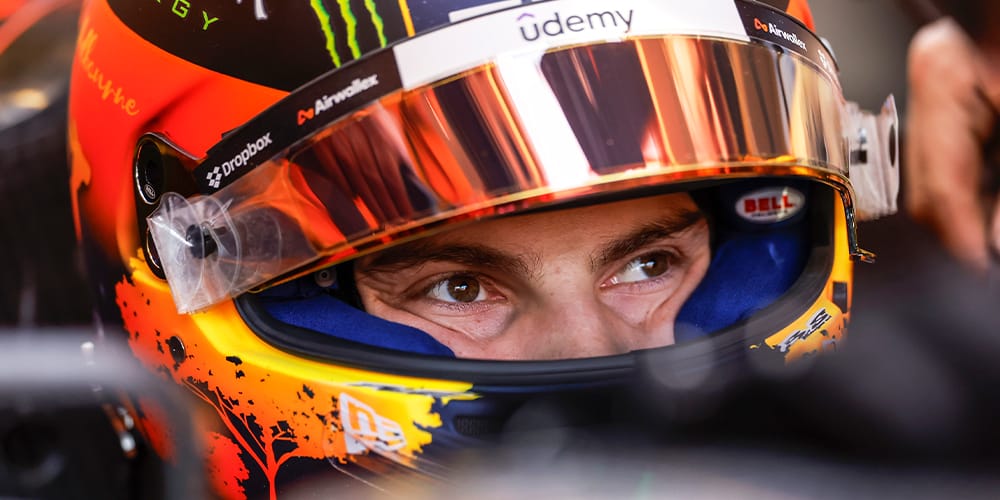
You are reading your free article for this month.
Members-only
When Oscar Piastri first stepped up onto the F1 grid in 2023, he hadn’t raced for 12 months. Fast forward to 17 races later, the newcomer managed to podium at the Japanese Grand Prix — marking the first time a rookie had done so since Lance Stroll in 2017. The Australian racer then went on to finish the season with 97 points, earning him the Rookie of the Year title.
Today, Piastri is in his second year with the McLaren Formula 1 team and is having quite the season so far. With 38 points as of writing and just five races into the season, the 23-year-old driver is just getting started.
Hypebeast recently sat down with the driver to discuss everything from transitioning into his second year of racing to what it’s like to race alongside childhood role models.
You had quite the rookie year last season and are currently having a good run. How has the transition been from your first year into your second?
I think in anything, it’s a different kind of feeling going into your second year of it. It’s just been a bit more comfortable. Going into my first year, I had a lot of unknowns in the world of F1 – I was in a strange McLaren, it was my first time racing F1 and I hadn’t raced for 12 months before that, so I was kind of coming back to racing full stop. But this year, I’ve just been a bit more familiar and comfortable. I know everyone on the team and I know what to expect from the season, from the traveling and to what the world of F1 is like. So for me, that’s kind of the biggest difference this year, it’s a bit more relaxed. People sort of know what I’m capable of now, which is nice.
Aside from the comfortability aspect, do you find that there are many differences in terms of how you approach the season now that you’ve got some more experience under your belt?
I think it sort of stems from the same point. Just having that experience of knowing what things you need to work on and what things went well. Starting my rookie season, I was just getting used to everything and I didn’t know what I was necessarily good or bad at, specifically, with a Formula 1 car. I didn’t really have any sort of goals going into the year of what to improve on. This year, having had 12 months of experience and coming into the season, I knew what things the team wanted to improve on from last year and what things were good from last year. I went into the season with some more specific goals of what I wanted to try to improve and was able to use testing at the start of the year to work on those rather than just trying to get up to speed in the car. The elements of experiencing comfort means that you can be a bit more specific with your goals.
“The elements of experiencing comfort means that you can be a bit more specific with your goals.”
Formula 1 is interesting since it’s a team sport, but also individual. You and Lando seem to have a great relationship off track – do you ever find it challenging to switch off the competitive side?
Not massively. When you’re at the track and especially when you’re in the car, we’re racing for the same team and obviously, the Constructors’ Championship is incredibly important to everyone at McLaren. That is always a very big thought for us. But when we put the helmet on, we’re trying to beat everybody. So I don’t think either of us struggles with that, we’re always friendly away from the track. There’s a big element of trying to not directly help each other, but to help the team progress. I think whilst we’re fighting for fifth and sixth, or whatever it might be, we want to beat each other. But there’s not that much disappointment if it’s sixth place instead of fifth. The goal for both of us is to always be fighting for first and second and hopefully we can put ourselves in a position to do that as well as help the team get there. That’s probably the biggest thing, but I don’t think there are any issues with being friends off the track or being friendly and then going to race each other.
As one of the younger drivers on the grid, how is it racing alongside some of the sport’s veterans? Did you ever think as a child you would be racing next to some of these guys?
No, I didn’t think I would, to be honest. Now, it’s kind of normal to be racing against them since I’ve been doing it for more than a year already. But especially at the start of last season, when I was racing against, for example Lewis [Hamilton] — I think in my second race, I lined up on the grid alongside him, which was a pretty crazy moment to have watched him dominate for so long and then to be lining up on the grid alongside of myself. That was a bit weird to get used to, but it’s very cool. Seeing guys that you’ve watched on TV through your childhood, and now being able to compete against them, is pretty cool. I’m enjoying the challenge.
Have any of them given you advice as you navigate the early stages of your F1 career? What’s the best piece of advice you’ve received?
I’ve not really received that much from them. I think it kind of goes back to the point before where we’re friendly enough and we respect each other off the track, but we are still there to beat each other and outperform one another. For me though, my manager Mark Webber has given me some great advice. He used to be an F1 driver himself, so he’s from a very similar time period of when Fernando [Alonso] and Lewis were racing as well. He’s been very useful in giving me advice.
Can you recall your first F1 race? How was that in comparison to racing in F2?
It was certainly different. One of the biggest elements of my first F1 race was that I hadn’t raced anything for 12 months, so there was some rustiness. Just being around cars again was a bit different. It’s a bit of a different thinking too. In all the junior categories, you’re always constantly trying to prove yourself and show the F1 world why you should be there. In F1 you’re there, and you need to prove why you deserve to stay there. But once in Formula 1, there’s a feeling of accomplishment for sure. But the pre-race nerves, how it feels to do the anthem and things like that, it was all very similar.
“In all the junior categories, you’re always constantly trying to prove yourself and show the F1 world why you should be there. In F1 you’re there, and you need to prove why you deserve to stay there.”
With the sport you’re in, I can imagine it takes a toll on you both physically and mentally. What are some ways that you find balance in such a chaotic and physically demanding schedule?
For me, it’s just doing the regular everyday things of what I enjoy doing away from the track. Spending time with my girlfriend and friends, chilling out or catching up on sleep is an important one. I’ve got a simulator at home that I wouldn’t really say is a training tool for me because I loved it initially, and I still do. Racing in the virtual world is good fun for me. I guess it’s the same with any job, you always try to make time for seeing the people that you want to spend time with or doing the activities you want. I’m very fortunate that the main activity I want to do in life is also my job. But it’s just doing the little things that eventually become the big things.
What advice would you give a younger Oscar?
Good question. I think just appreciating it all — and of course I do now — but at the time there were some of the more difficult moments. It’s learning to appreciate the lessons I was being taught. It’s not very fun to be having tough times and struggling on or off track, but I gained experience and lessons. It’s easy to say in hindsight because it didn’t stop me from achieving my dreams of becoming an F1 driver. But realizing what I was learning in those times is probably a big thing. You can’t win all the time, and you rarely do in motorsport.
If you could race anywhere in the world that’s not currently on the grid, where would it be?
Maybe somewhere like New York. I think that could be a cool and interesting one. I don’t know how you’d ever make it work but could be fun.
